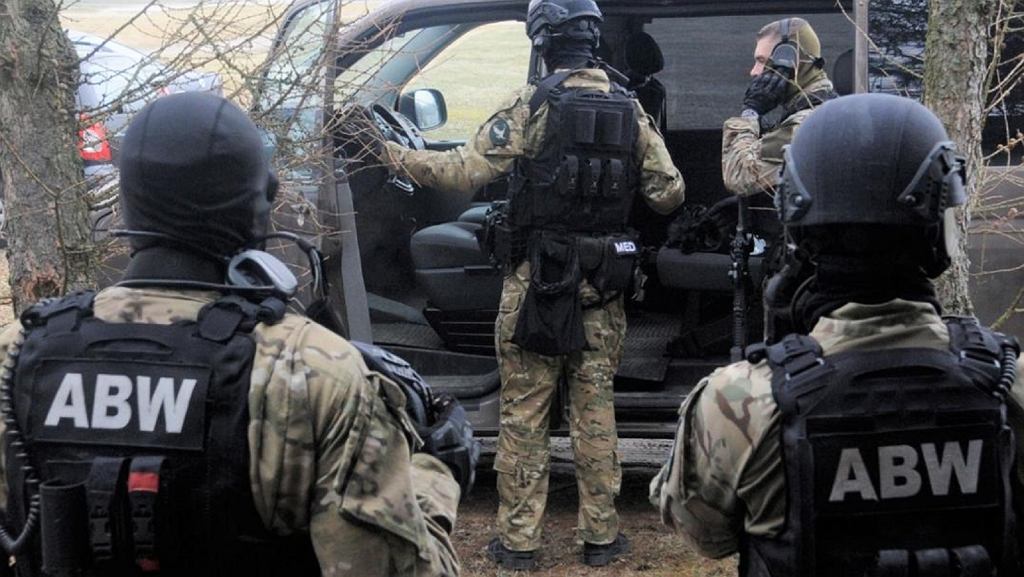Majority of ‘Russian spy ring’ arrested in Poland were recruited Ukrainian refugees
The majority of those arrested earlier this year in Poland for their alleged involvement in a Russian spy ring seeking to sabotage arms shipments to Ukraine were Ukrainian refugees, information that was withheld by the Polish authorities at the time.
In March, the Russian intelligence network that operated on Polish territory was dismantled by the Internal Security Agency (ABW) in collaboration with the National Prosecutor’s Office.
The Washington Post since reported that Polish authorities did not publicly disclose that 12 of the 16-strong spy ring were Ukrainian refugees for political reasons. As reported by the Polish daily Rzeczpospolita, some of those arrested were granted refugee status in Poland following the outbreak of war and some had been in Poland prior to the conflict.
The Washington Post, citing Polish investigators, reported that collaborators of Russian secret services (GRU) were tasked with surveilling Polish ports, placing cameras along railway lines, and hiding tracking devices in military cargoes. In March, surprising new orders came to derail trains carrying weapons to Ukraine. The plan to cause a train disaster was activated at a time when Ukraine was planning a counteroffensive and new weapon systems, including German Leopard tanks, were already headed east.
Information used to attract potential recruits was scattered among job offers, housing tips, and online scams on Telegram channels visited by refugee groups in Poland. It involved simple tasks like hanging flyers and banners in public places with slogans like “Poland ≠ Ukraine” or “NATO, go home!”
Some commentators argue that Poland may have a serious problem with spies. Retired Gen. Waldemar Skrzypczak, a former commander of the Land Forces, said that Polish services should focus on infiltrating foreign communities from the east and their online activities. The general argued that this is a difficult but absolutely essential task.
Jarosław Jakimczyk, an experienced analyst of special services, when asked why the GRU decided to resort to amateurs, emphasized that an important factor is the “low cost” and minimal risk of losing valuable assets in the form of skilled intelligence officers.
Source: Remix News






